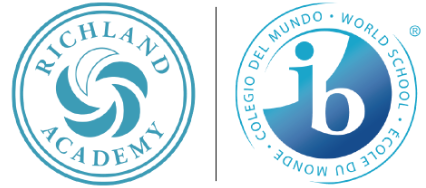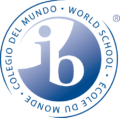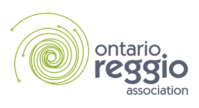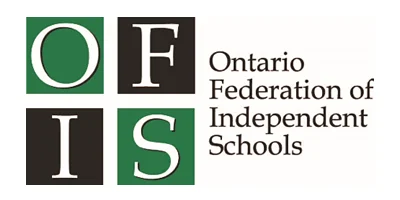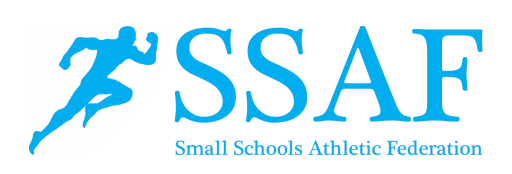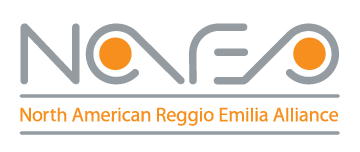In October, Richland Academy hosted a virtual International Baccalaureate (IB) Evaluation Visit. Every
five years, a visiting team of educators evaluates our International Baccalaureate Programme. The
visiting educators met with Richland Academy leadership, teachers, students, and parents
regarding the IB education experience at Richland Academy.
We are pleased to share that Richland Academy received an exceptional report that highlights our
strong IB program, dynamic school culture, and holistic inclusive learning community. IB was inspired by
the way Richland Academy enriches learning by creating student experiences of the highest quality.
The IB would like to share our learning and teaching practices with the wider IB community as a model
of an exemplary school!
After hearing feedback from the evaluators, we are excited to share the key findings with our
community.
Areas of strength
School culture
The school is to be commended on ensuring its vision and mission is embedded throughout the school
community. The IB philosophy is reflected clearly in the school’s mission and vision, and in the actions
and support of the governing board, leadership team and staff.
Inclusive Education
Richland Academy fosters a holistic inclusive education where all learners feel represented and seen in
the curriculum. Students are encouraged to think critically and holistically about a subject. Richland
Academy embraces a culture of collaboration and mutual respect drawing upon the full range of ways of
knowing and incorporating experiences, contributions, and histories from across cultures, nationalities,
backgrounds, identities, and perspectives.
Well-being
It is evident that Richland Academy understands the importance of well-being. They have embedded
well-being into curriculum, practices and school life. The school should be commended for
implementing a whole-school well-being approach to ensure that all components of the school
organization work coherently together, engaging the whole community, including pupils, teachers,
parents and community stakeholders. Richland Academy provided students with strategies, skills,
resources and reliable information to deepen their understanding of the social emotional well-being.
Agency
Students are active participants in the learning. Teachers and students have embraced co-creating
success criteria, rubrics, and anchor charts. This has helped foster a shared understanding of what
learning is to be achieved, invites students to take ownership over their learning and provides a criteria
against which learning is measured.

